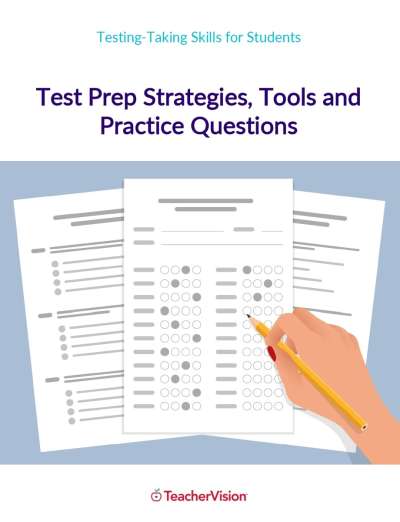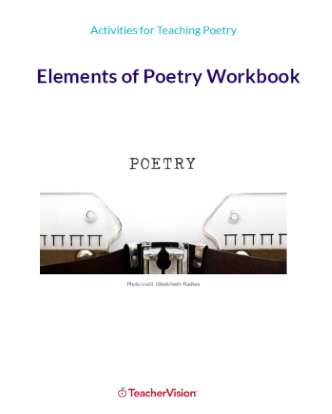 Brought to you by Reading Is Fundamental®
Brought to you by Reading Is Fundamental®
Initial Response
Objectives
- Students will learn vocabulary words.
Materials
- Lists of vocabulary words and definitions.
Procedures
Ask Martha Gleason to name her favorite gourmet snack, and she might answer, "Marinated Gourds." What advice might her brother, Nicky, give a parrot? "Never gossip!" In this game, players have to keep their verbal wits about them as they respond to questions using words beginning with their own initials.For each round, a student thinks of a question to put to each other player in turn. The player who has been asked must respond speedily in two words that begin with his or her initials. The object is to come up with an imaginative or clever reply. Unconventional questions help.
This game helps children practice forming questions and phrasing answers and lets players show off the unusual words in their vocabulary. It also gives children confidence in their ability to think quickly and creatively.
Players may prefer to write out the questions and as many responses as they can generate in a given amount of time, say three minutes. Although pencil and paper will slow the pace of the game, it will give players with difficult initials more time to come up with good answers.
Here are a few more variations:
Monograms
To make the game more challenging for everybody, have players formulate three-word responses using their middle initials as well as the initials of their first and last names.
Anagram Sentences
Players use all the letters in one person's first name to generate words for a sentence. For Martha, they might come up with something like "Mother and Ruth took home artichokes" or "Mary abstained rather than hunt alligators." Everybody makes an anagram sentence for every player's name.
Attributes
Your students might like to create this kind of message as a gift for a family member or a valentine for a friend. First they write the person's name vertically on a sheet of paper and then they think of a word beginning with each letter in the person's name to describe that person. They write these words across, like this:
M merry
A adventurous
R rowdy
T trusting
H honest
A acrobatic
Source: The RIF Guide to Encouraging Young Readers, edited by Ruth Graves, New York: Doubleday, 1987.




